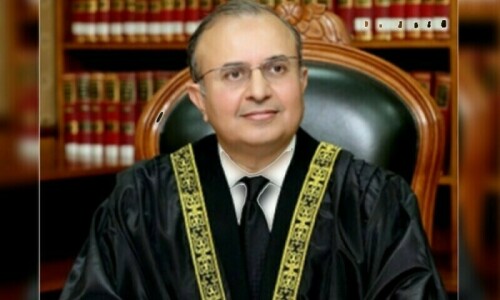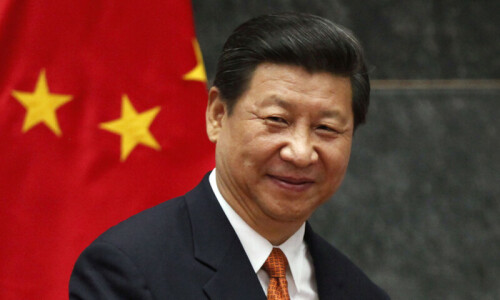
The government’s announcement last month of a visa-on-arrival policy for 50 countries and giving e-visas to citizens of 175 countries has given hope of revival to the tourism industry.
This is the first time in decades that a formal policy is being introduced for allowing citizens of such a large number of countries to get visa on arrival, which was before this available to nationals of only 24 countries.
It was also principally decided to lift the condition of a no-objection certificate (NOC) if foreigners want to travel to places such as Gilgit Baltistan and even the cantonment areas in some instances.
Pakistani missions will be allowed to grant multiple entry visas with a five or one-year validity to foreigners of Pakistani origin and their spouses.
Multiple-entry visas for family visits with a five-year validity will be issued within seven to 10 working days after receiving an application.
Saying the initiative was “a harbinger of change” and “backbone of the Naya Pakistan economy”, Federal Minister for Information and Broadcasting Fawad Chaudhry had said the government was introducing a “revolutionary visa regime” to attract tourism and investment.
He had also said that British and US citizens of Indian origin will also be able to get visas on arrival. He said business visas will also be extended to 96 countries from the present 68 countries.
Founding member of the Pakistan Association of Tour Operators Mubarak Hussain said initiating e-visas was a long-standing demand of tour operators.
“The notification will hopefully be issued soon. I have visited 70 countries to convince people to come to Pakistan but the perception about Pakistan is not positive. Till 1998, Pakistan used to hold the International Tourism Conference (ITC) every year not one has been held since. We suggest ITC should be held after every six months. Pakistani foreign missions should be directed to play their role for promotion of tourism,” he told Dawn.
Mr Hussain, who also runs a tourism company, said one of the other major issues is that many foreign airlines do not operate in Pakistan.
He said most of the airlines coming here are UAE based and suggested an open-sky policy. He also suggested improving infrastructure, promoting a soft image and facilitating tourists.
“Most tourists go to GB and even there, they are stopped by the police many times. Foreigners are directed to step out of their vehicles and show their passports. After they do that, they are asked to show permits for entry into GB. Tourists walk away with the impression that Pakistan is a police state,” he said.
Mr Hussain said many tourist spots are in dilapidated condition, such as the Derawar Fort in Bahawalpur, which he said is a “marvellous” site but repair work on the facility was stopped years ago.
Najamul Hassan, who is a frequent visitor to the northern areas, said the number of flights operating should be increased. “I suggest a book on the historic sites in Pakistan should be published,” he said.
A member of the Prime Minister’s Task Force on Tourism, Aftab Rana, told Dawn there was a strict visa policy for over a decade as the government wanted to ensure tourists are safe and there was also fear that spies would enter the country posing as tourists.
“Genuine tourists were also affected by this and they were asked to produce invitations from tour operators. Due to the new policy, people will be able to apply from their homes and not travel to different cities and wait outside embassies,” he said, adding that India had started e-visas a long time ago.
Mr Rana said that 1.3 million foreigners visit Pakistan a year of which about 15pc are tourists and more than half are overseas Pakistanis with foreign passports.
“The total revenue generated from foreign tourism is about $300 million to $400 million, which is nowhere near the potential. Nepal generates $700 million a year. Sri Lanka generates $3.5 billion and India earns $28 billion via foreign tourism. We can earn over $1 billion by making the visa process simple and providing a few facilities,” he said.
Mr Rana said Pakistan is facing a financial crisis and that the government wants to generate foreign exchange through tourism.
“We are also abolishing NOCs for GB and Kashmir so no one will ask tourists for them in the future,” he said.
The provinces are responsible for providing infrastructure and it has been decided to facilitate provinces and soon a few projects will be launched to improve infrastructure, he added.
“Steps are also being taken to improve Pakistan International Airlines. British Airways and Lufthansa will also start operation in Pakistan soon. There is a proposal for installing a navigation system in Skardu Airport so it will be possible to land planes there in any weather,” he said.
An open-sky policy was followed by various countries but was withdrawn after 9/11, he said,
“Karachi was a hub for airlines in the past which was moved to Dubai later. We hope Karachi will become the hub again soon,” he said.
Published in Dawn, February 10th, 2019














































